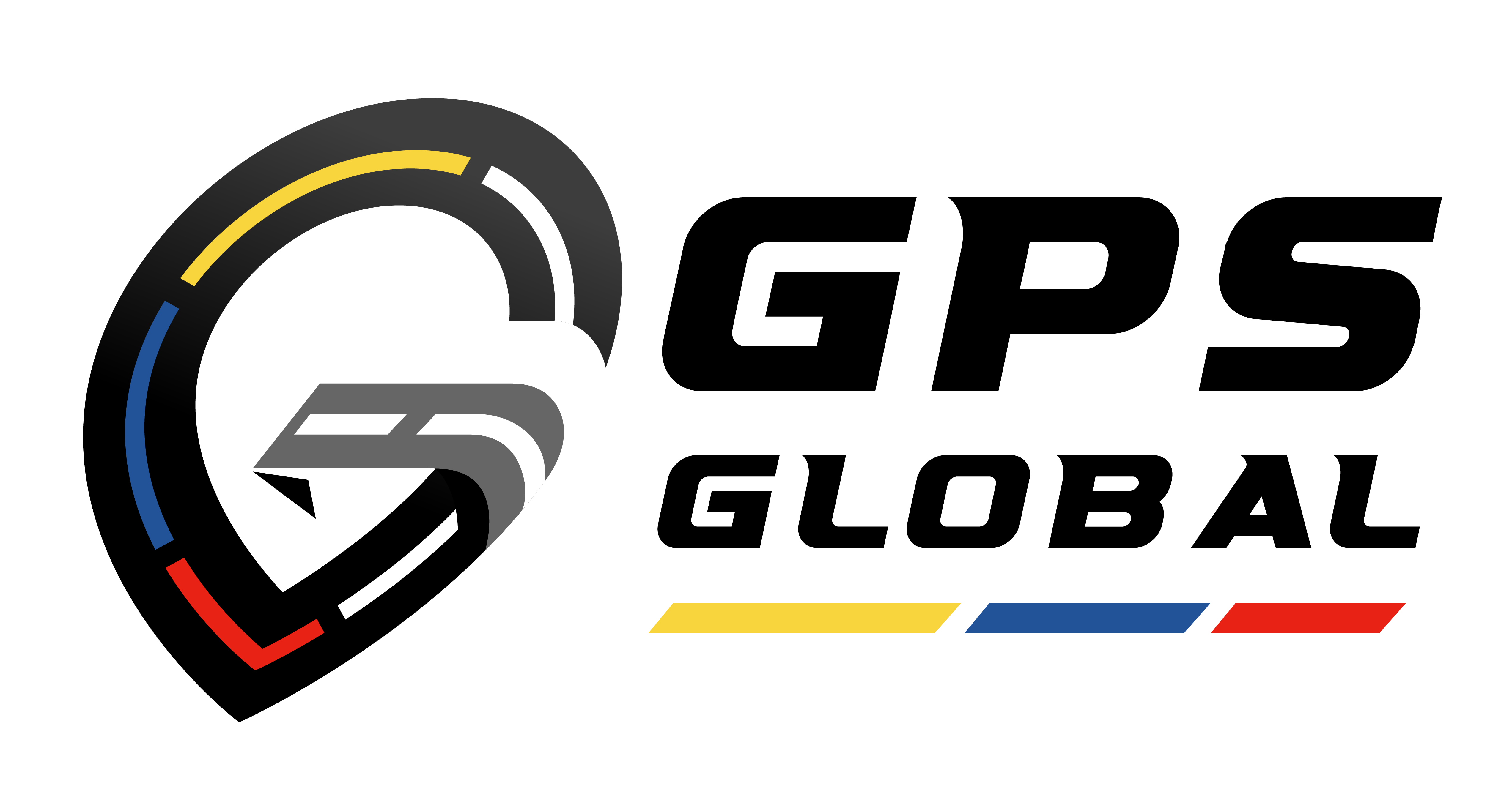Despite the dedicated advocacy of lawyers who often dedicate their careers to the needs of low-income individuals, programs are significantly underfunded and often forced to prioritize services to the most disadvantaged clients in a limited number of issues affecting their most pressing legal needs. Nevertheless, it is estimated that about half of those eligible for legal aid programmes will have to be turned back. Those who are served often receive brief advice and limited services. Rejected people rely on self-help and the provision of legal information, but even these resources are not available to everyone who needs them. We provide low-income North Carolina residents with free legal aid in civil cases involving basic human needs such as security, housing, income and more. The size and mission of legal aid providers vary; Some are locally focused or focus solely on a specific issue (e.g., domestic violence or employment practices), while others may take cases from a city or state with few restrictions in the problem area. Legal aid organizations are not-for-profit businesses that provide free legal aid to low-income clients with non-criminal law issues, including cases in some of the following areas: SC Legal Services provides legal services in non-criminal matters to individuals who cannot afford a private lawyer. Some of the types of legal services that may be available include: evictions, bankruptcies, health issues, education, mortgage foreclosures, Social Security disability, employment issues, some limited divorce and custody issues, food stamps, and social issues. Legal Services programs do not deal with criminal matters; If you have questions about criminal law, see Public Defence Services. We help our clients maintain the benefits to which they are legally entitled. Community Legal Aid provides free civil legal advice to low-income and elderly residents of central and western Massachusetts.
We work to ensure fairness for all in the justice system and protect homes, livelihoods, health and families. In addition to the legal priorities listed below, we have several projects aimed at reaching our most vulnerable neighbours. The Legal Aid Society works throughout New York City to ensure that everyone has access to justice. Our teams of experts work in all areas of practice in almost every area of law that affects New Yorkers. Utilities. These include issues of welfare, food stamps, medical assistance, supplementary income, social security and unemployment benefits. If you have been denied benefits, asked to repay benefits, or feel you are not getting the benefits you deserve, a legal aid office may be able to help. These are the kinds of cases that legal aid agencies can often handle. However, the type of cases accepted by each legal aid unit may vary. The community, clients and legal aid staff worked together to identify the highest priority issues for low-income people in their area. Legal Aid Chicago provides free civil justice services to people living in poverty in Cook County.
All clients must be registered by telephone and their eligibility must be verified by our Client Selection Unit at 312-341-1070. Family law issues. These include divorce, adoption, custody, alimony, parental visitation or parenting time, domestic violence, guardianship, injunctions, defense in paternity claims, and amendment of decrees. Most legal aid agencies limit representation in divorce to certain types of situations. Some offices do not accept divorce cases, except in cases of emergency. Legal aid offices do not deal with criminal cases. The court appoints a lawyer to handle criminal proceedings if the client cannot afford legal assistance. Here you will find information about the types of cases we handle. We regularly reassess our case priorities to ensure we are providing the best service to our clients, so this list may not include all types of cases we handle. If you have any questions or think you need legal help, please do not hesitate to contact us. In addition, legal aid cannot accept so-called “fee-generating” cases. In a fee-generating case, a lawyer`s fees are paid out of the money awarded to the winning party.
If you ask for legal help with your problem, you will be told whether it is a paid case or not. This information has been created to give you general information about the law. It is not legal advice on a particular issue. If you have any questions about the law, you should consult a lawyer. If you don`t know a lawyer, you can call the South Carolina Bar Lawyer Referral Service weekdays between 9 a.m. and 5 p.m. The number is 799-7100 in Richland or Lexington counties and 1-800-868-2284 in other parts of the state. If you need help with your legal problem and think you qualify for legal aid, call your nearest office to find out if you qualify. Since October 2011, civil legal aid is the provision of legal aid and assistance to people living in legal matters, outside the criminal justice system or living in poverty.
For people facing civil law challenges such as unlawful evictions, foreclosures, domestic violence, or unlawful denial of government support, it may be impossible to navigate the court system without a lawyer. However, unlike the right of access to a lawyer in criminal proceedings, the courts have not recognized the right to a lawyer in the vast majority of civil cases. This makes justice inaccessible to low-income people and undermines a fundamental principle of our nation, which is that the amount of money a person receives should not determine the quality of justice they receive. The pro bono support of private lawyers is an invaluable addition to the services offered by employee legal aid programs. Pro bono practice is quickly institutionalized in private companies and corporate legal departments. However, the unmet need for civil legal aid is so great that only transformative changes in the provision of special legal aid structures in the United States will enable that country to provide access to justice for all. Like private lawyers, legal aid lawyers and paralegals work to find the best possible solution to the case for their client. And just like communications between private lawyers and their clients, communications between legal aid clients and their lawyers or paralegals are confidential.
To help as many eligible people as possible, most legal aid agencies also use paralegals to help with their cases. Paralegals are not lawyers and cannot practise law, but they can represent clients at administrative hearings. For example, a paralegal may represent clients at hearings involving social assistance, supplementary security income or unemployment benefits. Paralegals can interview clients and let them know about their benefits. They also research and investigate cases and help negotiate with merchants, landlords or government officials. Paralegals are supervised by lawyers and help provide legal services to clients. Sometimes a legal aid office cannot accept a case because there are not enough legal aid lawyers available to provide assistance to all eligible people. However, in some communities, private lawyers volunteer their time to represent low-income clients free of charge and accept cases that the legal aid office cannot handle.
Legal advice is often the only lifeline available to people facing life-changing consequences, such as losing their homes, jobs or custody of their children. For example, research has shown that the provision of legal services “significantly reduces the incidence of family violence.” The form of assistance depends on the nature of the legal problem the client is facing. Legal aid lawyers represent clients in a variety of matters outside of court, litigate before the courts on their behalf, and often conduct complex litigation seeking systemic change that affects many people facing similar circumstances. Other sources of legal aid funding include private foundations and donations, government funding, often through state legal foundations, contracts and grants from federal, state, and local agencies, and scholarships. The total amount allocated to the provision of civil legal assistance in the United States is approximately $1.345 billion. The Legal Services Corporation (LSC) is the largest funder of legal aid programs in the United States, providing about one-quarter of these funds. LSC is a government-funded non-profit organization that awards scholarships to 134 scholars nationwide. With this federal funding, recipients must meet certain restrictions on advocacy and client eligibility that do not apply to many other sources of civil legal aid funding. NLADA played a leading role in the founding of the LSC in 1974 and continues to lobby Congress vigorously for funding.
Income, family size and special financial needs are taken into account in determining whether a person is eligible for legal aid. Legal services are free for eligible low-income individuals, but clients are required to pay court fees where possible. This section will help you understand the different types of cases that legal aid offices typically handle and the roles of paralegals and legal aid lawyers.


